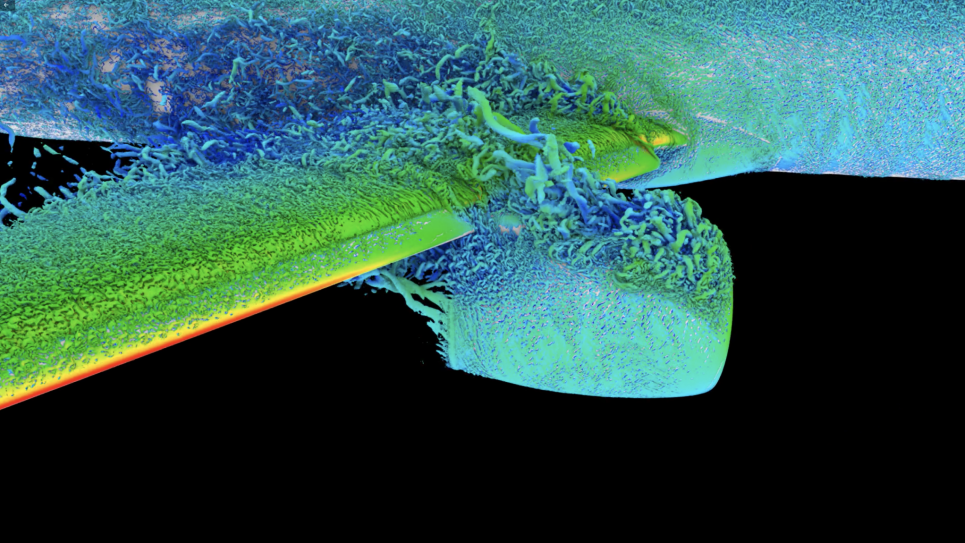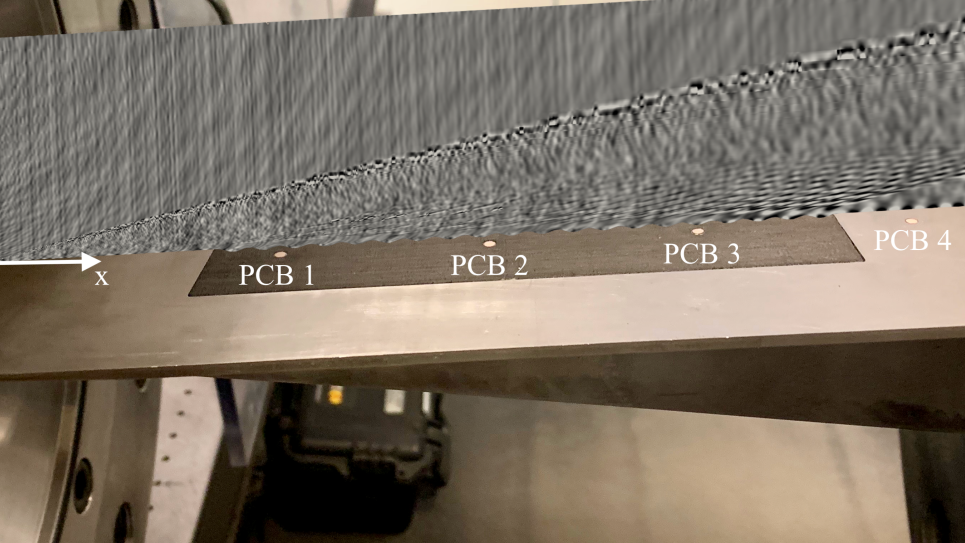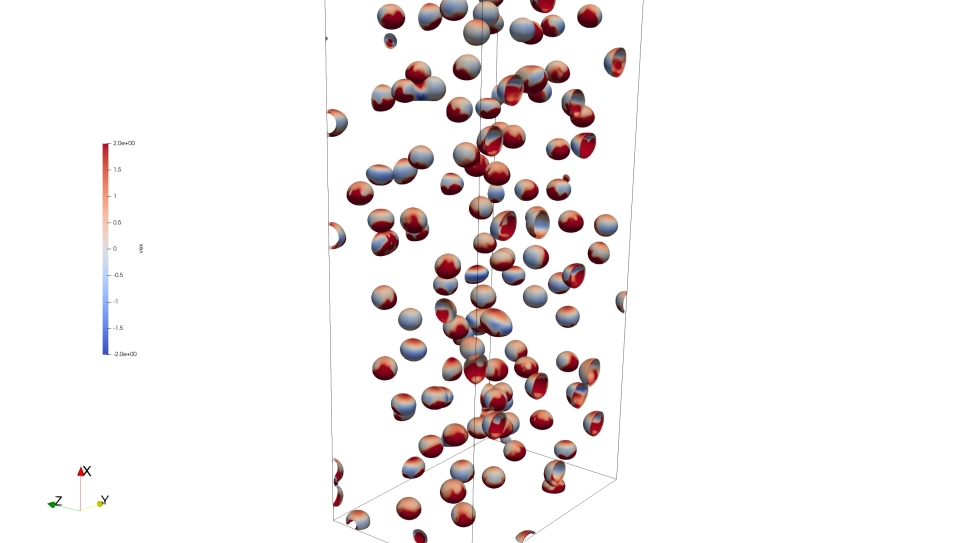The overwhelming majority of cars, buses, and trucks on the road today are powered by Internal Combustion (IC) engines, using a mixture of fossil fuels and biofuels. Because these vehicles are expected to remain as the primary mode of transportation worldwide for the foreseeable future, optimizing their design will have a large impact on reducing pollution. Traditionally, IC engines are designed based on expensive and time-consuming experimental testing. Simulation using High Performance Computing (HPC) offers the opportunity to both reduce testing, and to obtain new physical insights into IC engine operation. HPC simulations of IC engines are challenging: multiple processes, including chemistry, spray dynamics, turbulent fluid mechanics, and heat transfer must all be simulated accurately to determine the performance and emissions characteristics of an engine. These processes must be simulated across multiple length and time scales. Current simulations are performed on small clusters, and the results are extremely sensitive to the grid used in the calculation.
The current work will use the supercomputer Mira to perform high-fidelity simulations that incorporate uncertainty analysis for input parameters such as physical, boundary conditions, model, and chemical kinetics. Using powerful computational resources, IC engine simulations can achieve grid convergence, thus reducing significant uncertainty in the calculations. Furthermore, Global Sensitivity Analysis (GSA) will be performed on the data obtained from thousands of simulations for a variety of input parameter uncertainties as identified above. GSA will help identify critical model, chemical kinetic, and boundary condition uncertainties for simulations, and in turn provide unique insights into IC engine simulation and operation.


